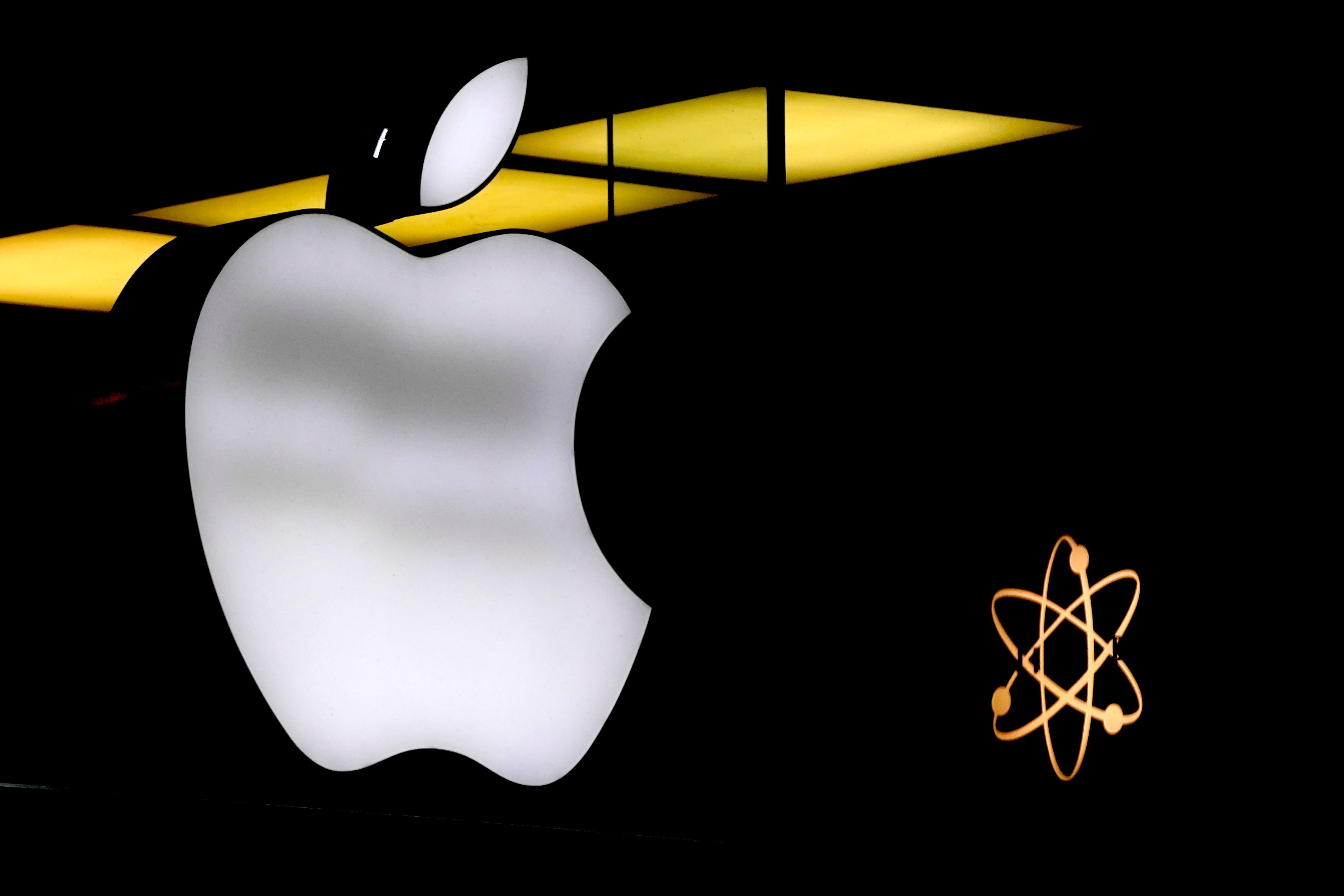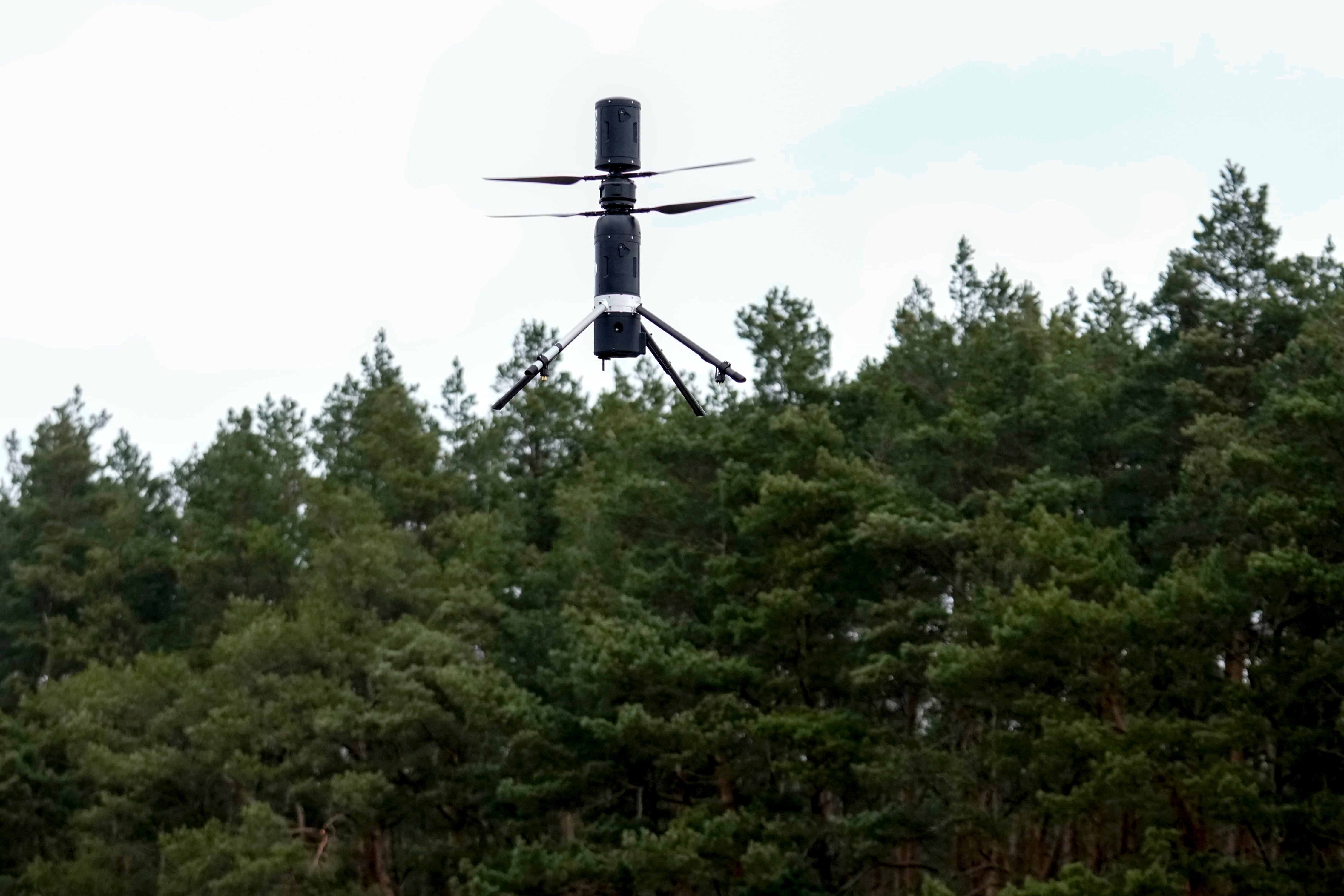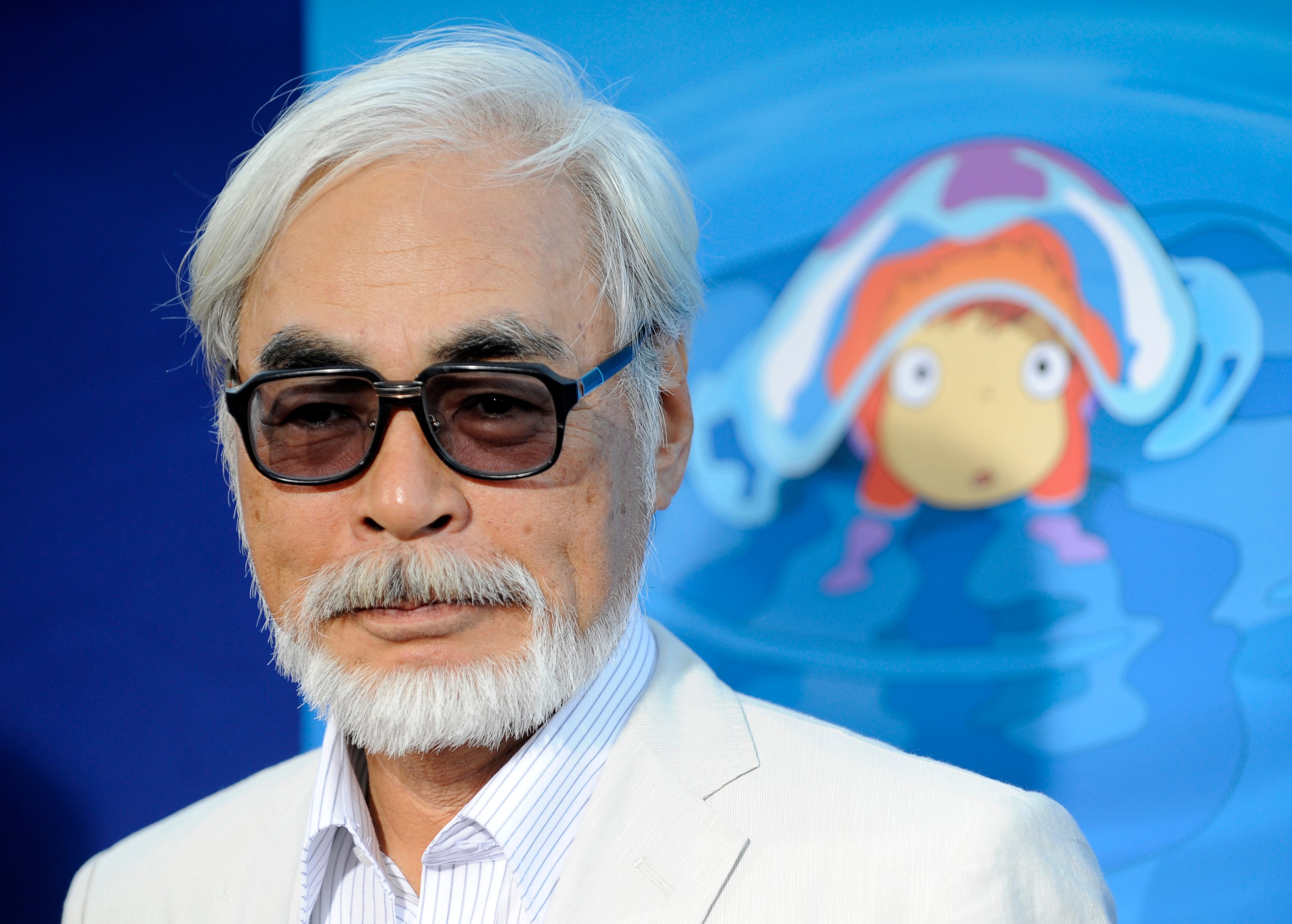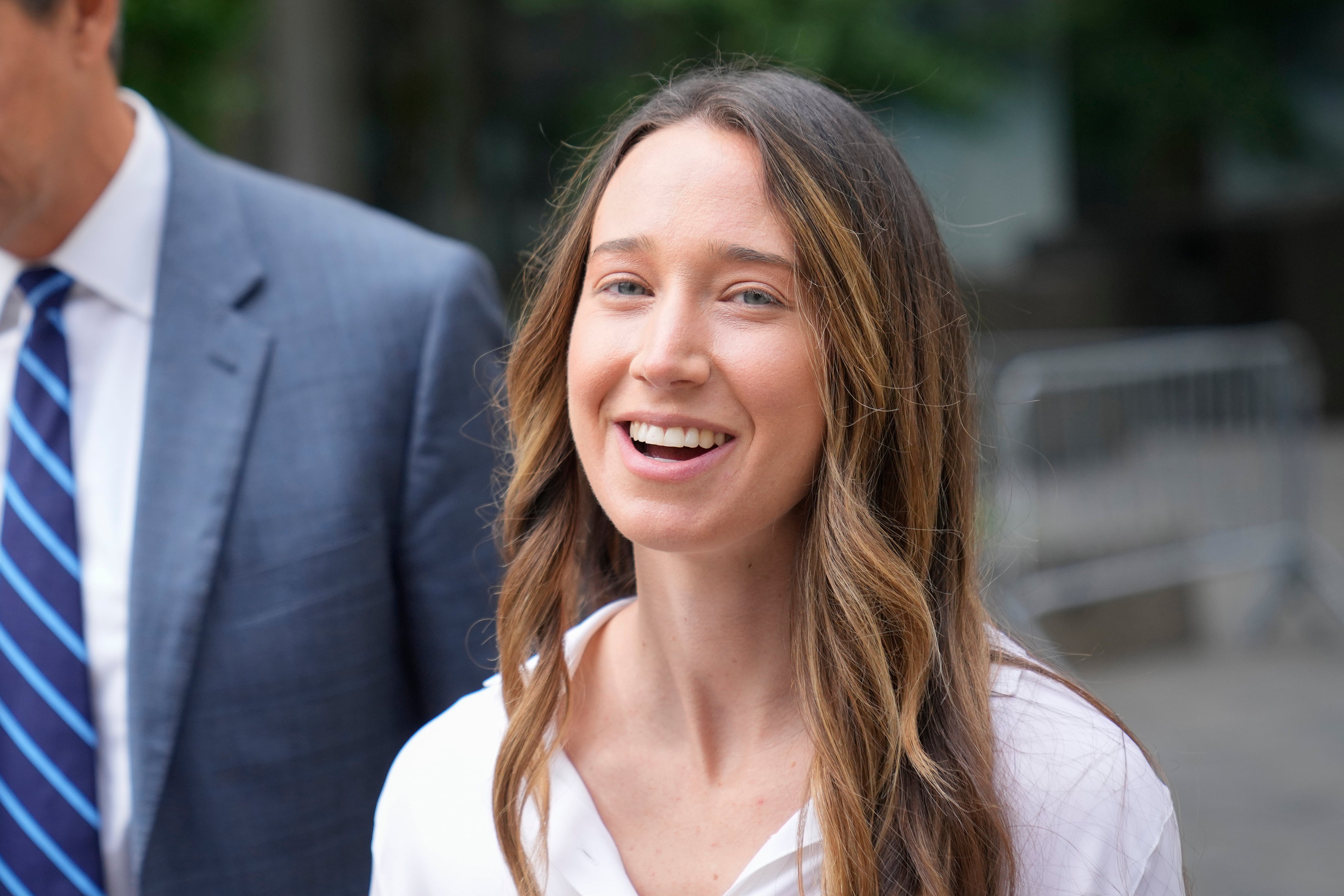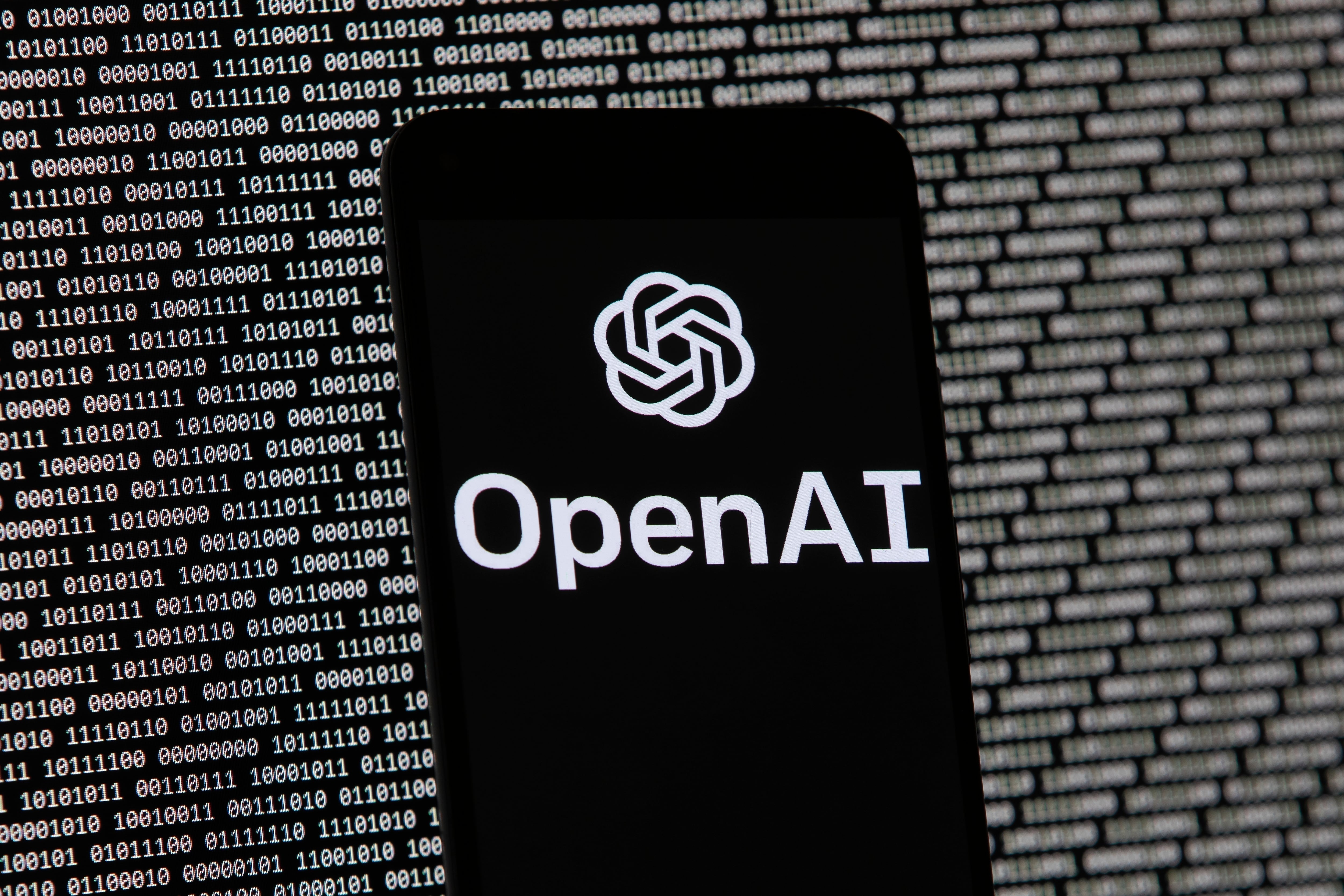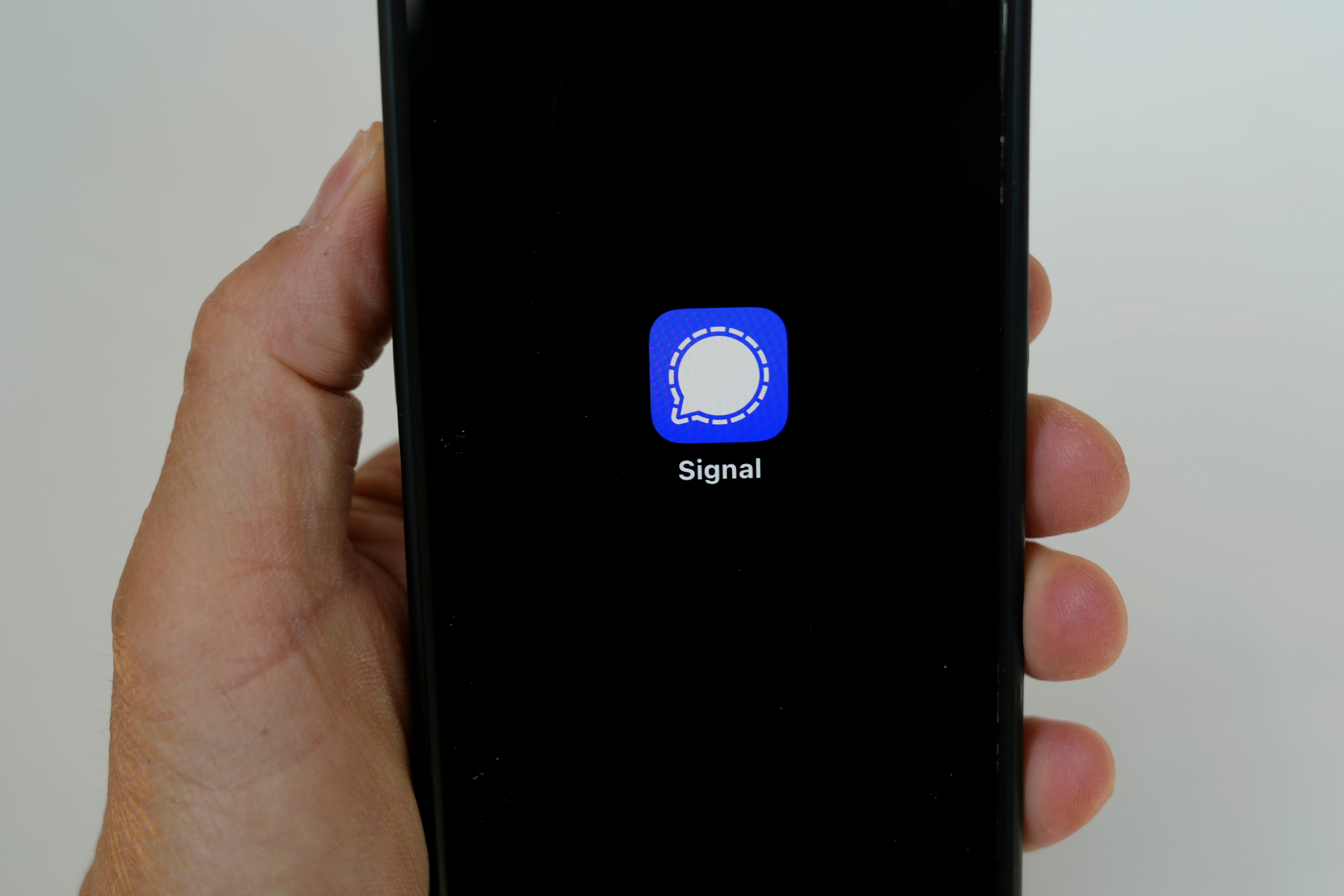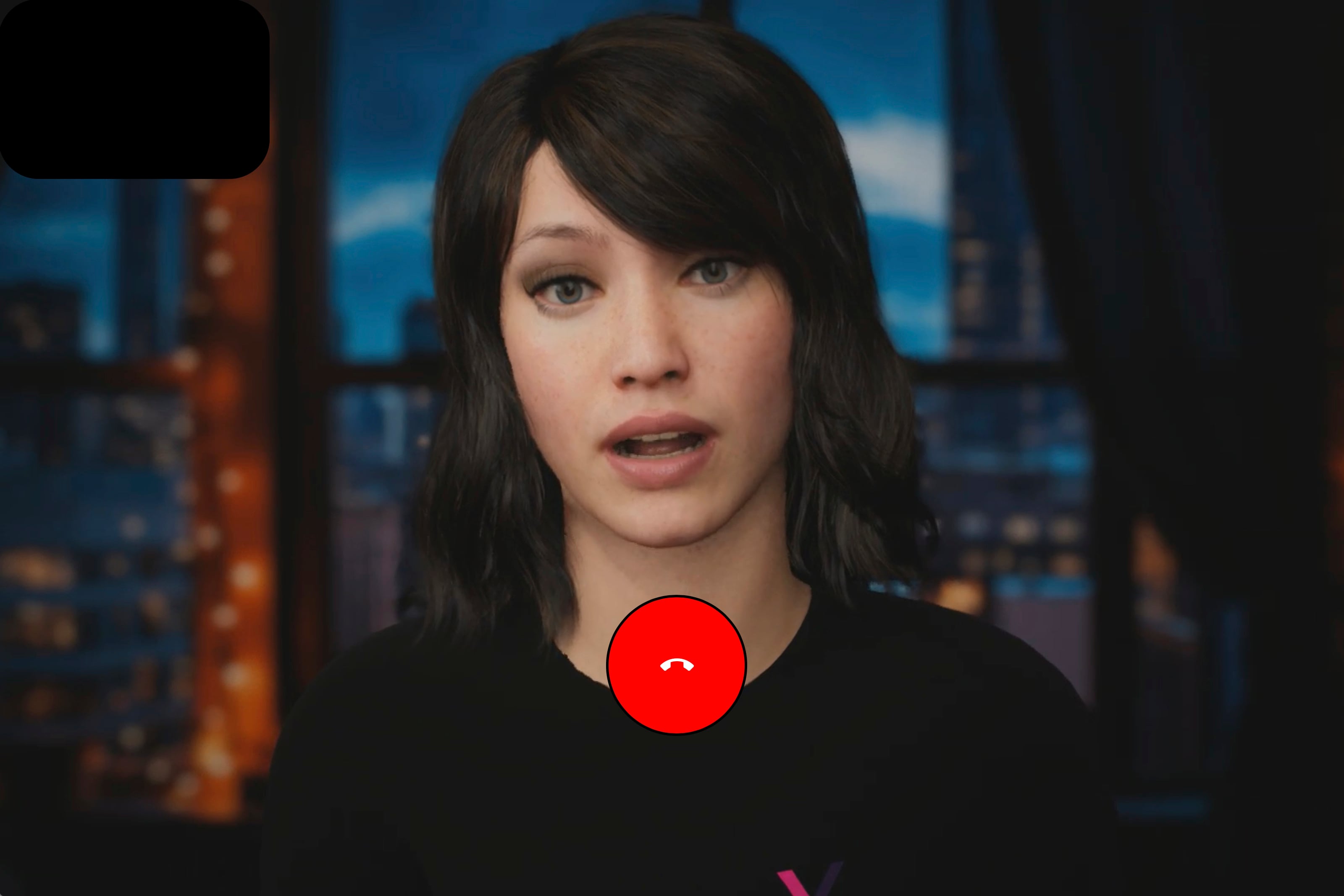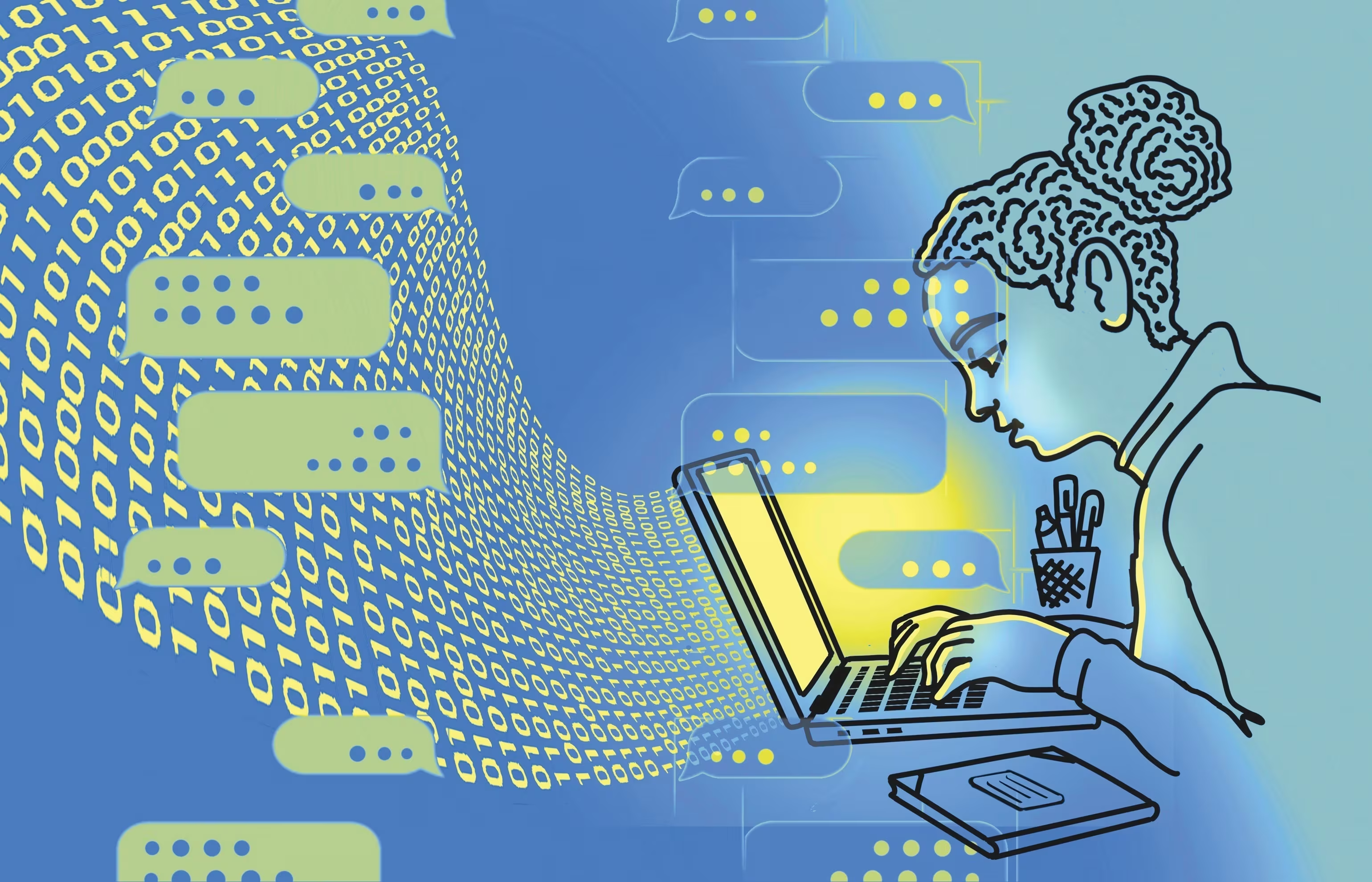SAN FRANCISCO (AP) — A group of book authors has reached a settlement agreement with artificial intelligence company Anthropic after suing the chatbot maker for copyright infringement.
Both sides of the case have “negotiated a proposed class settlement,” according to a federal appeals court filing Tuesday that said the terms will be finalized next week.
Anthropic declined comment Tuesday. A lawyer for the authors, Justin Nelson, said the “historic settlement will benefit all class members.”
In a major test case for the AI industry, a federal judge ruled in June that Anthropic didn’t break the law by training its chatbot Claude on millions of copyrighted books.
But the company was still on the hook and was scheduled go to trial over how it acquired those books by downloading them from online “shadow libraries” of pirated copies.
U.S. District Judge William Alsup of San Francisco said in his June ruling that the AI system’s distilling from thousands of written works to be able to produce its own passages of text qualified as “fair use” under U.S. copyright law because it was “quintessentially transformative.”
“Like any reader aspiring to be a writer, Anthropic’s (AI large language models) trained upon works not to race ahead and replicate or supplant them — but to turn a hard corner and create something different,” Alsup wrote.
A trio of writers — Andrea Bartz, Charles Graeber and Kirk Wallace Johnson — alleged in their lawsuit last year that Anthropic’s practices amounted to “large-scale theft,” and that the San Francisco-based company “seeks to profit from strip-mining the human expression and ingenuity behind each one of those works.”
Apple is fighting a British government order for the iPhone maker to provide backdoor access to a cloud data privacy feature.
Microsoft founder Bill Gates still fondly remembers the catalytic computer code he wrote 50 years ago that opened up a new frontier in technology.
A company that specializes in early wildfire detection has developed a new, AI-based drone.
The trend highlighted ethical concerns about artificial intelligence tools trained on copyrighted creative works.
The charismatic founder of a startup company that claimed to be revolutionizing the way college students apply for financial aid, was convicted on Friday.
A federal judge has ruled that The New York Times and other newspapers can proceed with a copyright lawsuit against OpenAI and Microsoft.
A magazine journalist’s account of being added to a group chat of U.S. national security officials has raised questions about the Signal app.
The next time you get a call about an upcoming medical appointment you may not be talking to a human. Hospitals are increasingly using AI assistants.
Schools are turning to AI-powered surveillance technology to monitor students on school-issued devices like laptops and tablets. But there are risks.
Hours after a series of outages that left X unavailable to thousands of users, Elon Musk is claiming that the social media platform is being targeted in a “massive cyberattack." Musk said on a post Monday that the attacker is either a large, coordinated group or a country. Complaints about outages spiked Monday at 6 a.m. Eastern and again at 10 a.m, with more than 40,000 users reporting no access to the platform, according to the tracking website Downdetector.com. A sustained outage appeared to begin just after noon Eastern.

